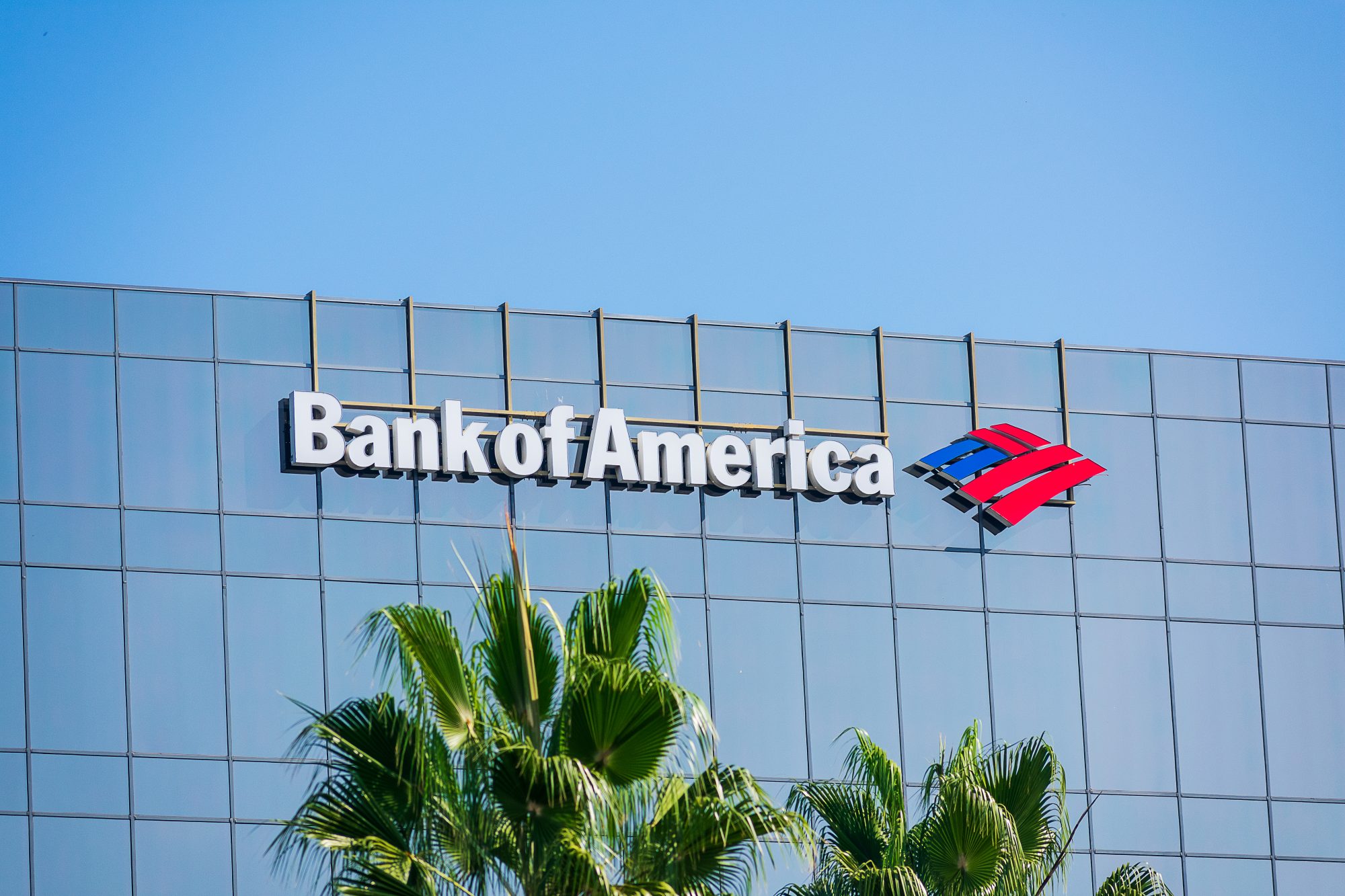CYNK Technology Corp (OTCMKTS:CYNK) has garnered a lot of attention in the past few days. Shares of the penny stock soared a whopping 36,000% in about three weeks. The stock traded at $0.10 on June 17, and surged to $21 at one point on July 10. However, shares fell to $13.90 on Friday before the Securities and Exchange Commission halted trading of the stock due to suspicions of a pump-and-dump scam.
With zero assets, CYNK is more valuable than AOL and Zynga
Its miraculous rise made CYNK Technology more valuable than many of the established companies like Spotify and AOL, Inc. (NYSE:AOL). Notably, the company never had any assets, revenues, profits or more than one employee. However, little do people know about its history, and other details. Julia La Roche of Business Insider spoke to CYNK founder John Kueber to know the company’s real story.
John Kueber currently serves as the chief operating officer of Tiger Oak Media. He founded CYNK Technology as Introbiz in 2008. Introbiz offered users to connect with other people, including celebrities and business leaders, for a fee. Kueber said he eventually sold the business to a friend of his brother Phil Kueber. October 2011 filings show that a guy named Kenneth Carter purchased 6 million shares of CYNK Technology, and became its second CEO and sole employee.
John Kueber said he received about $6,000 as “consulting fee” at the time of the sale. He said he agreed to sell those shares because he didn’t have much confidence in that business concept. Last week, he told The Wall Street Journal that he no longer has any links with CYNK. However, John’s brother Phil Kueber has a notorious history of involvements in questionable business practices.
Is Phil Kueber involved in CYNK Technology?
Official documents show that Phil is an officer of more than 10 companies registered in Nevada. Users in the InvestorsHub forum have criticized Phil Kueber’s business practices. In 2004, regulators in British Columbia, Canada shut down Phil’s company named First Cash Card. The Beverly Hills police department had asked their Canadian counterparts to investigate First Cash Card after an elderly woman said she had received a phone call from the company, telling her that he had won $1.2 million prize and she could receive it after paying $12,200 to First Cash Card. Canadian authorities ruled that First Cash Card, owned by Phil Kueber, was unauthorized.
John Kueber told Business Insider that he sold CYNK to his friend’s brother despite being fully aware of his brother’s history. Kenneth Carter, who purchased 6 million shares of CYNK in 2011, uses the alias “Kenny Blaque” on Facebook and lists himself as the “owner and founder” of Blaque Technology. Carter told Buzzfeed that he had bought CYNK shares from John Kueber. Ironically, John said he couldn’t recall the name of Phil Kueber’s friend who bought shares. Anyway, he did admit that he has distanced himself from his brother Phil Kueber.
When CYNK Technology was registered in Nevada in 2008, a person named Javier Romero was listed as its president, director, secretary and treasurer. In May 2013, a person using the name Phil Keeber (instead of Kueber) tried to reserve the name CYNK Technology Corp again in Nevada. Notably, Keeber used the same address in Beverly Hills, California that Phil Kueber has used for many of his other businesses.
Phil Kueber also has links in Belize, where CYNK Technology Corp is currently based. In fact, he has previously used The Matalon in Belize as his address, the same business center where CYNK is headquartered.











